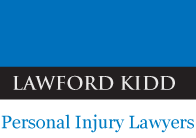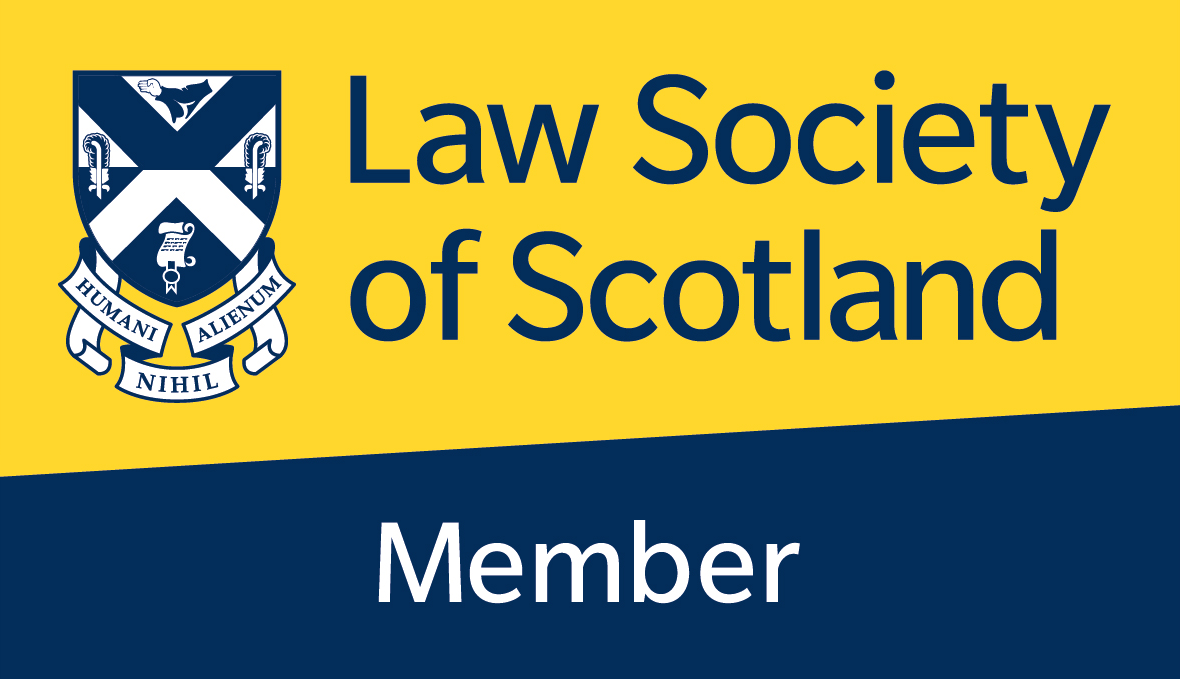The NHS Medical Director’s expert group, which has been looking at PiP breast implants, has published its final report.
The findings of the group include:
- Exhaustive world-wide testing of the PiP gel material has not revealed anything which could cause a long-term threat to human health – they are not toxic nor carcinogenic.
- They do, however, have a higher rupture rate – around two times higher. The rate of rupture appears to be around six to 12% after five years, rising to 15 to 30% after 10 years (this compares to 10-14% after 10 years for other brands of implants).
- PiP implants have a higher concentration of certain compounds called siloxanes – chemically similar to silicone but of a lower molecular weight and found in many consumer products, including hair and skin care products, antiperspirants and deodorants – but this does not present a health risk.
- Although the contents are not harmful and the gel has not been shown to contain any toxic substances, the inferior mechanical strength of the implants led the group to consider this a substandard product.
The expert group has said that the advice to women who have PiP implants remains unchanged. It is expected that all providers of PIP implants will contact their patients. If women are unsure of the make of their implant they should contact their surgeon or provider.









